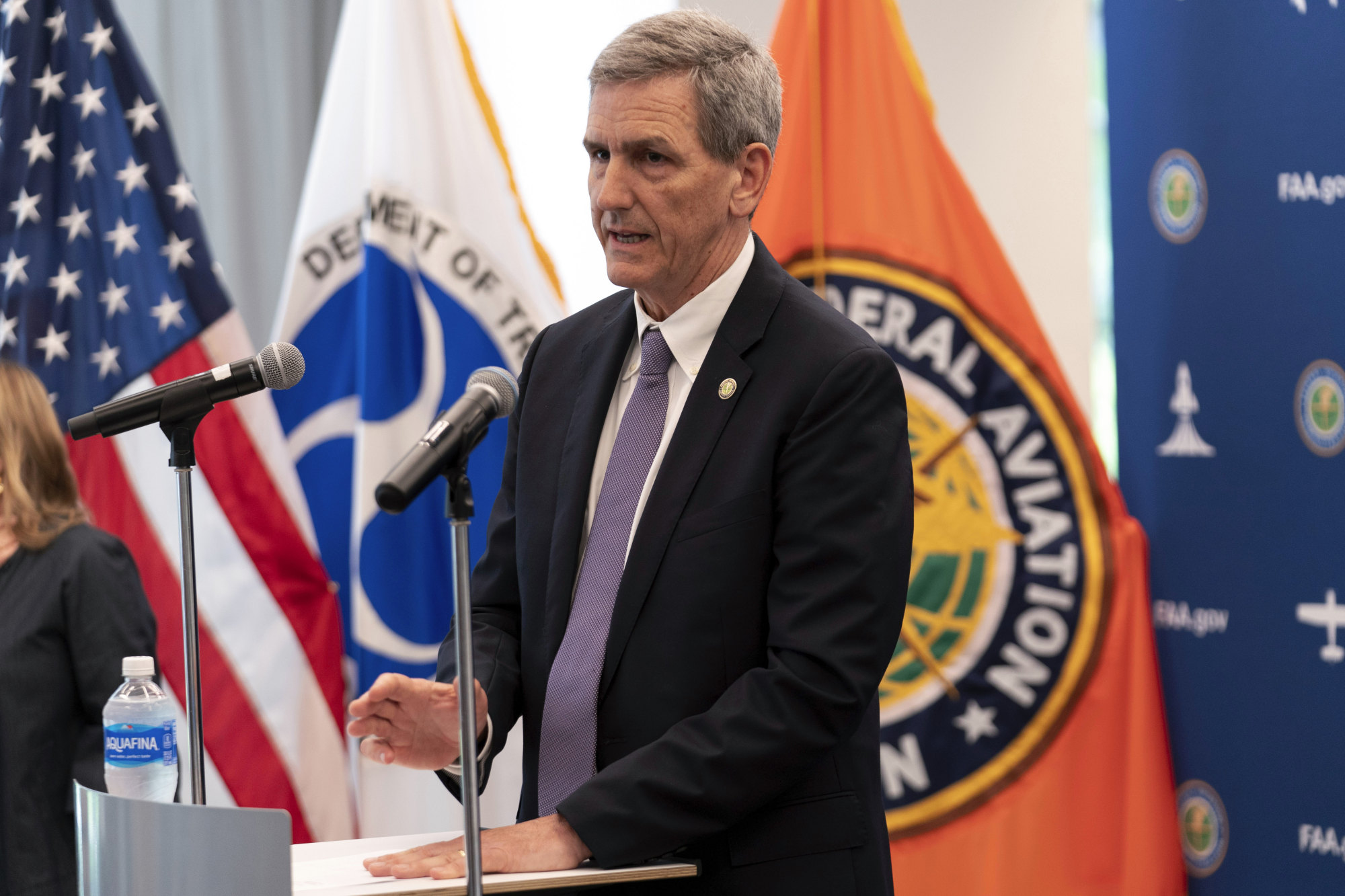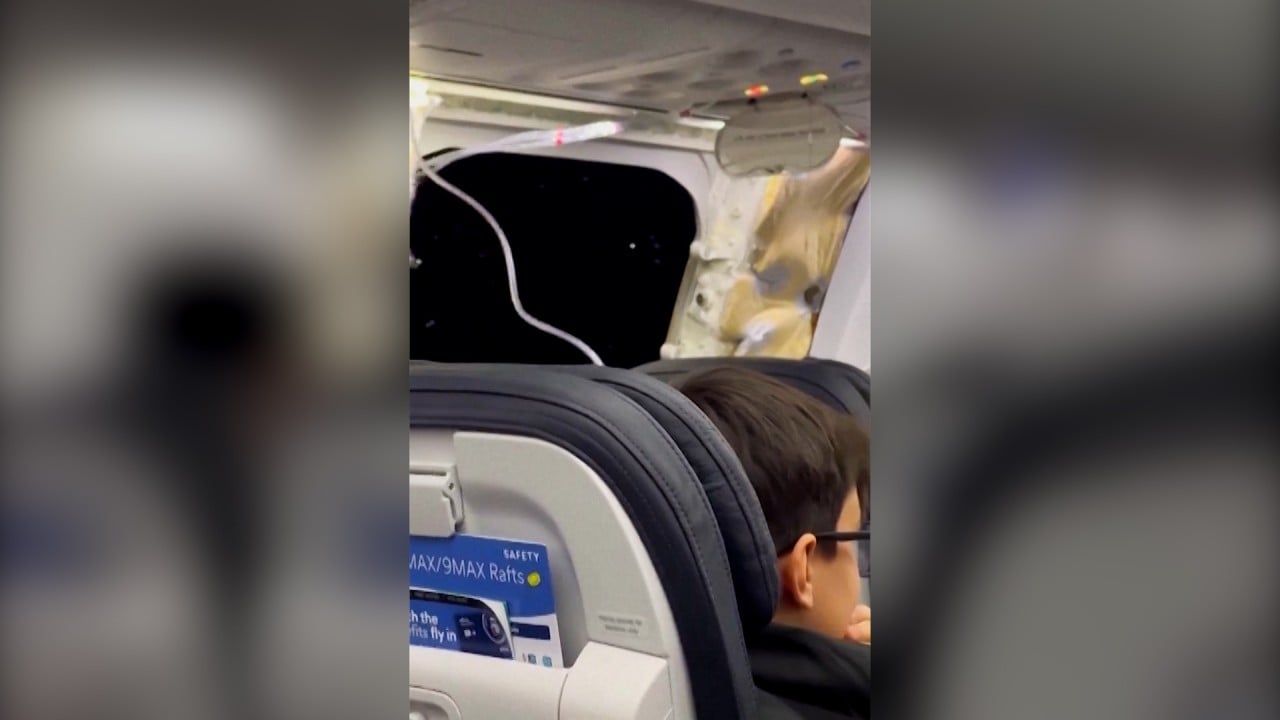FAA Administrator Mike Whitaker on Thursday said he does not expect Boeing to win approval to increase production of the Max “in the next few months” and has had no discussions with Boeing yet about the issue.
He said the FAA would monitor Boeing over the coming months to understand its quality and safety improvements “to give us a fundamental picture of whether they are in the right zone … We want to make sure the system is running as safely as it should.”
Production of the 737 Max is vital to the company’s finances. Last week the planemaker’s top finance executive said they will burn rather than generate cash in 2024 due in part to delayed deliveries.
“Systemic change isn’t easy but in this case is absolutely necessary, and the work is never really done when it comes to the safety of the flying public – from Boeing, airlines, or the FAA,” Whitaker said in a statement. “But we will hold the company accountable every step of the way to make sure these changes happen.”
Boeing has also said its deliveries to China have been delayed in recent weeks due to a Chinese regulatory review of batteries related to the cockpit voice recorder, another factor worsening its cash burn.
The meeting was Calhoun’s second high-profile meeting with Whitaker this year as Boeing seeks to have costly production limits lifted by the FAA after soaring quality concerns compelled the regulator to slow its rapidly increasing 737 production schedule.
Boeing is currently producing significantly fewer than the 38 737 Max planes per month it is permitted under the FAA directive. Boeing has not requested relief from the cap and they have not even had preliminary discussions about it, Whitaker said.
Calhoun is due to leave the company by the end of the year as part of a broader management shake-up announced in the wake of the Alaska Airlines incident, but Boeing has not yet named a replacement.
The meeting included other senior Boeing leaders including Stephanie Pope, the new head of Boeing Commercial Airplanes, Boeing’s head of quality Elizabeth Lund and Mike Fleming, Boeing senior vice-president and general manager, airplane programmes, the sources said.

Boeing said this month it has added new training material for manufacturing and quality roles averaging about 20 to 50 more training hours per employee, while more than 7,000 new tools and equipment have been provided for commercial plane work.
“We anticipate the FAA will take whatever time is necessary to review that plan and hold us accountable,” Calhoun said at Boeing’s annual meeting on May 17. “This is more of a beginning than it is an end.”
Whitaker said last week that Boeing faces a “long road” to address safety issues. He added the 90-day plan “is not the end of the process. It’s the beginning and it’s going to be a long road to get Boeing back to where they need to be making safe airplanes.”
The FAA said earlier Boeing must take steps to improve its Safety Management System (SMS) programme, which it committed to in 2019 and combine it with a Quality Management System to “create a measurable, systemic shift in manufacturing quality control”.
A February meeting between Boeing executives and Whitaker lasted about seven hours.
Boeing faces a separate criminal investigation into the Max 9 mid-air emergency. The Justice Department said this month that Boeing breached its obligations in a 2021 agreement shielding the planemaker from criminal prosecution over fatal 737 Max crashes.
Boeing denied it has breached the deal. The US Justice Department directed Boeing to respond by June 13 and intends to decide whether to prosecute Boeing by July 7.


